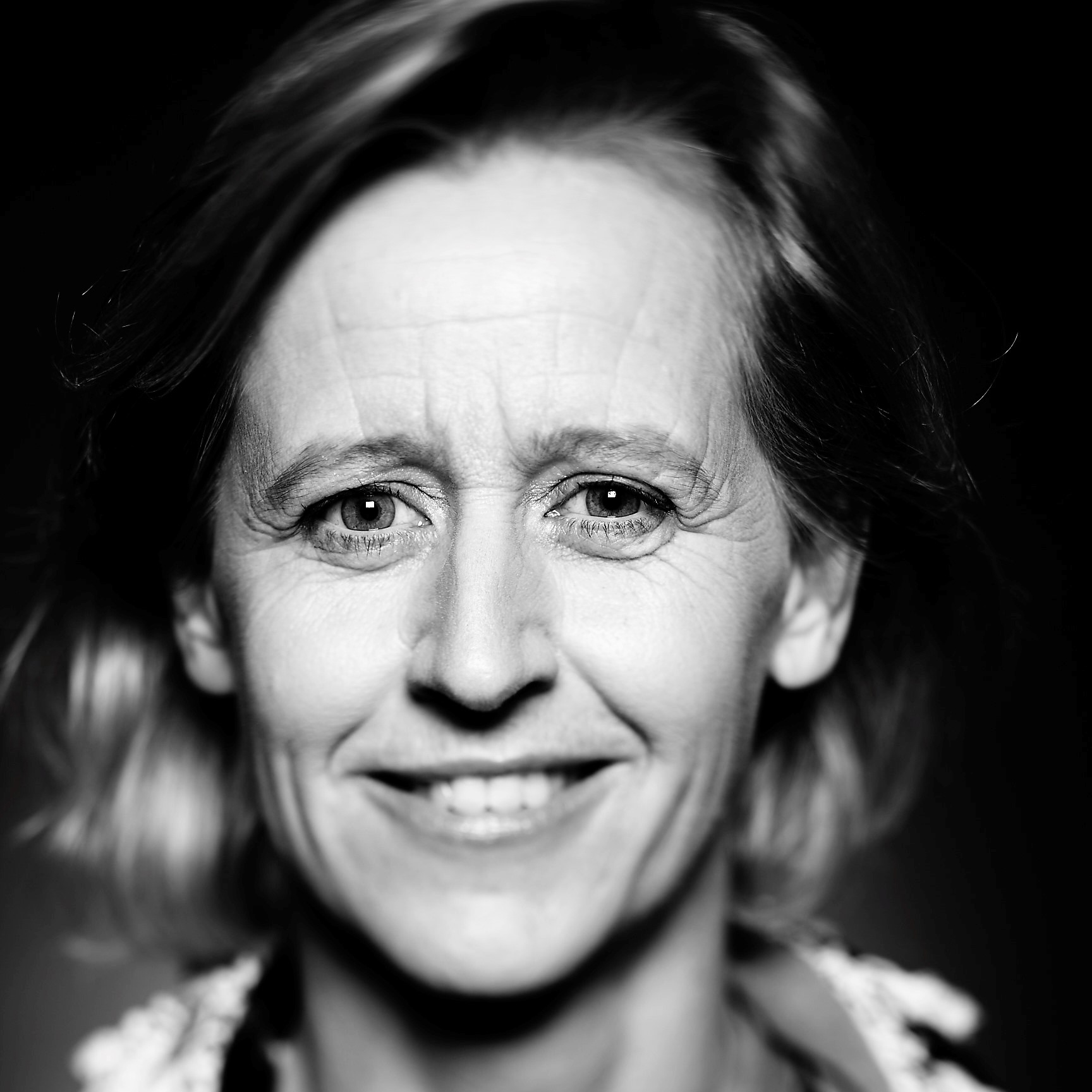 \
&
Contact us
\
&
Contact us
 \
&
Contact us
\
&
Contact us
Published on | 4 years ago
Last updated on | 7 months ago

Ria.debreucker@vlaio.be
DNSH stands for "do no significant harm". To understand what this term fully covers, we need first to introduce sustainable activities. The EU Sustainable Taxonomy has been introduced as a classification system allowing to determine what can be considered as a sustainable activity according to several horizontal criteria.
A sustainable activity is expected to be significantly contributing to the environmental objectives AND it should also not harm any of those 6 objectives:
These 6 objectives can be explained as follows. An activity is considered to DO significant HARM to:
At programming stage, the Horizon Europe Work Programme has been co-created to support research and innovation activities that respect climate and environmental priorities of the Union and cause no significant harm to them.
At project level, the reference to the DNSH principle in the Horizon Europe Work Programme is included in the application form (proposal part B template) to offer researchers the possibility to present the credential of their projects in relation to the DNSH principle. Applicants can refer to the DNSH principle when presenting their research methodology and the expected impacts of the project, to show that their project will not carry out activities that make a significant harm to any of the six environmental objectives of the EU Taxonomy Regulation listed above (Part B Standard Application Form).
The principle is not applicable.
In line with Recovery and Resilience Facility’s (RRF) requirement and the European Green Deal objectives, research and innovation activities should comply with the ‘DNSH’ principle, as defined in Articles 3(b) and 17 of the EU Taxonomy Regulation 16 established to determine whether an economic activity is environmentally sustainable. Compliance with the ‘DNSH principle needs to be assessed both for activities carried out during the course of the project as well as the expected life cycle impact of the innovation at a commercialisation stage. The robustness of the compliance must be customised to the envisaged TRL of the project. In particular, the potential harm of Innovation Actions contributing to the European Green Deal will be monitored throughout the project duration. Horizon Europe projects will play an important role to help economic operators reach or go beyond the standards and thresholds set up in the Regulation as technical screening criteria and to keep them up-to-date. Alignment of research and innovation activities with EU Taxonomy technical screening criteria will also be piloted in selected topics with the aim to facilitate their later access to green finance to foster the market uptake of the innovative technologies and solutions they developed.
References on the DNSH principle are included in the Work Programme 23-24 in the general introduction and not anymore in specific clusters of pillar 2 (4,5 and 6) nor in the Missions WP (except Climate Mission) as was the case in the Work Programme 21-22. It can be specifically mentioned in a call topic.
However, evaluators will not score applications in relation to their compliance with the DNSH principle unless explicitly stated in the call topic. Evaluators are asked in one addional question whether the proposal is compliant with the DNSH principle and provide comments in the case the answer to the question is 'Partially', 'No' or 'Cannot be assessed'. The answer to this question will be used for monitoring purposes and for a proper follow up in the case the project is funded.
Projects must comply with the ‘DNSH’ principle of the EU Sustainable Finance Taxonomy. This means in particular that EIC funding will not be awarded to projects that contravene the objectives of the Green Deal, as is written down in the briefing of experts, evaluators of Horizon Europe projects.
We offer news and event updates, covering all domains and topics of Horizon Europe, Digital Europe & EDF (and occasionally, for ongoing projects, Horizon 2020).
Stay informed about what matters to you.
By signing up, you can opt in for e-mail notifications and get access to
a personalised dashboard that groups all news updates and event announcements in your domain(s).
Only for stakeholders located in Flanders
The Stargate project obtained funding under the special Green Deal call of Horizon 2020, more in particular under the topic of “green ports and airports”. It received the maximum score of the evaluators and was selected out of more than 40 projects. Stargate’s purpose is to prove that sustainable aviation is possible and happening. It focuses on the further decarbonization of the aviation industry, the improvement of local environmental quality and the stimulation of the modal split. Together with a consortium of 21 European partners with a diverse and rich expertise (airports, community partners, knowledge institutions, consultants, local governments, …), Brussels Airports takes the lead as lighthouse airport to develop and implement innovative solutions. Results that prove successful can be deployed at the fellow airports (Toulouse, Budapest, Athens). Over the course of the coming five years, the consortium will exchange knowledge to investigate and realize more than 30 concrete projects.